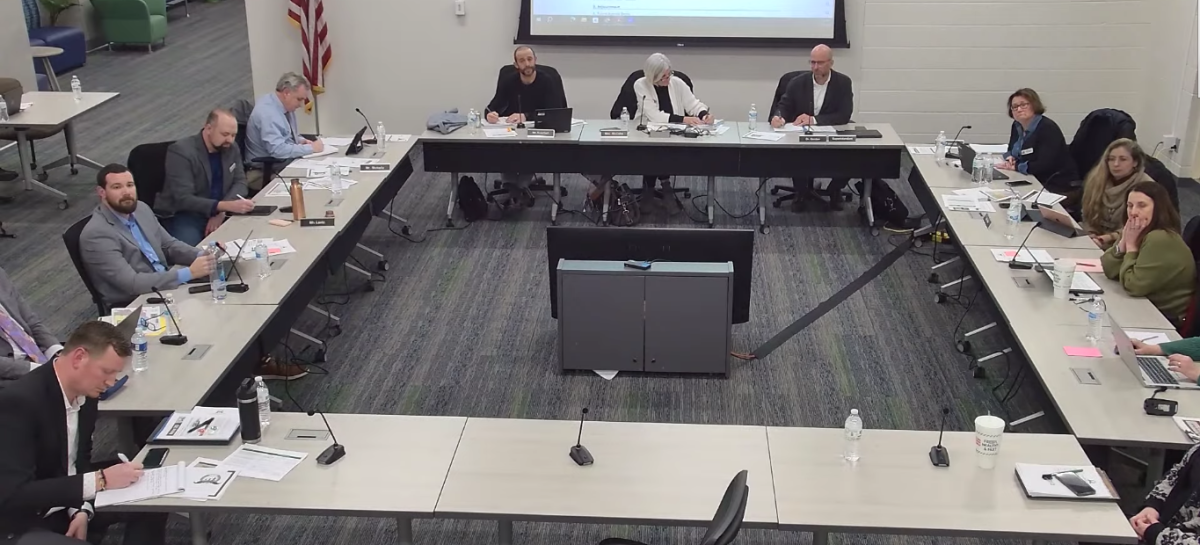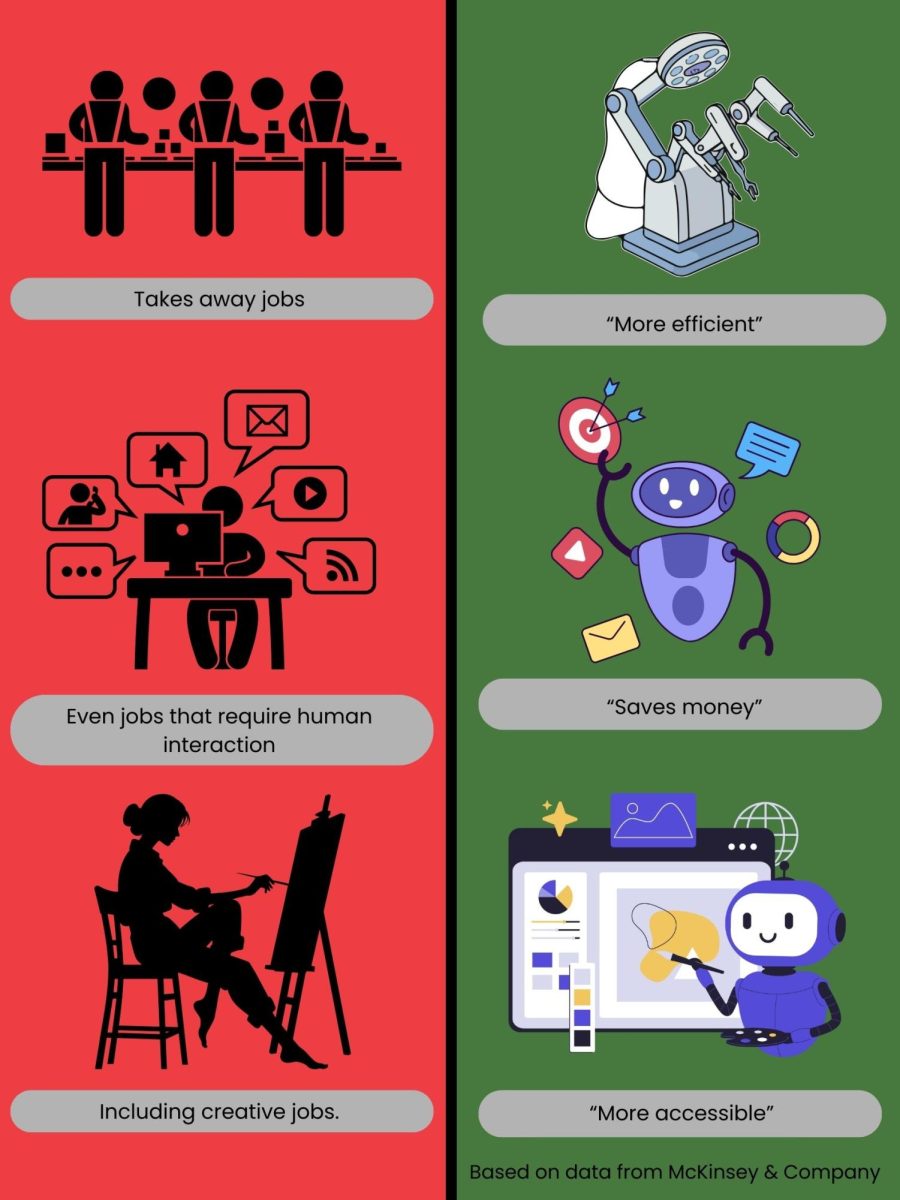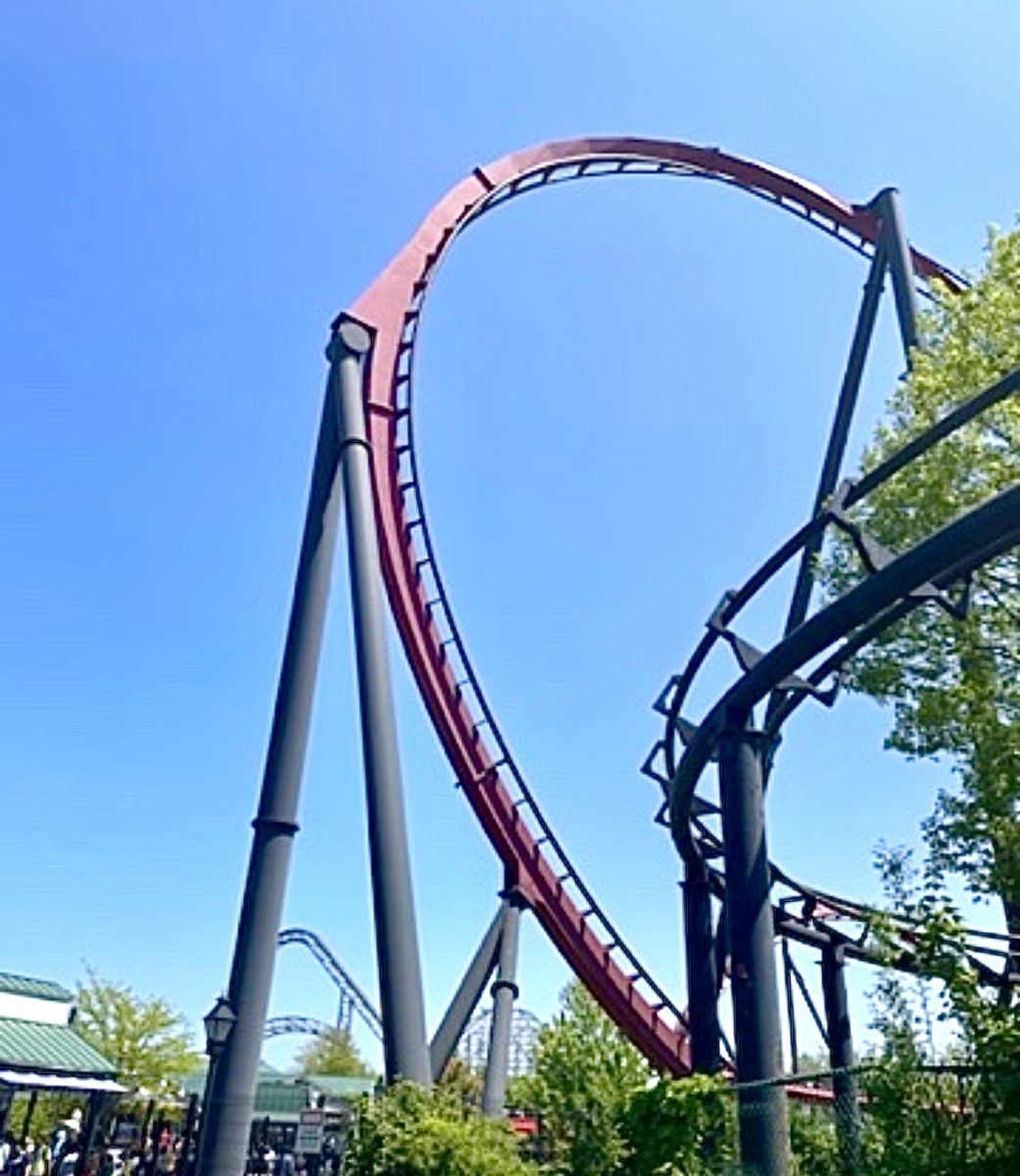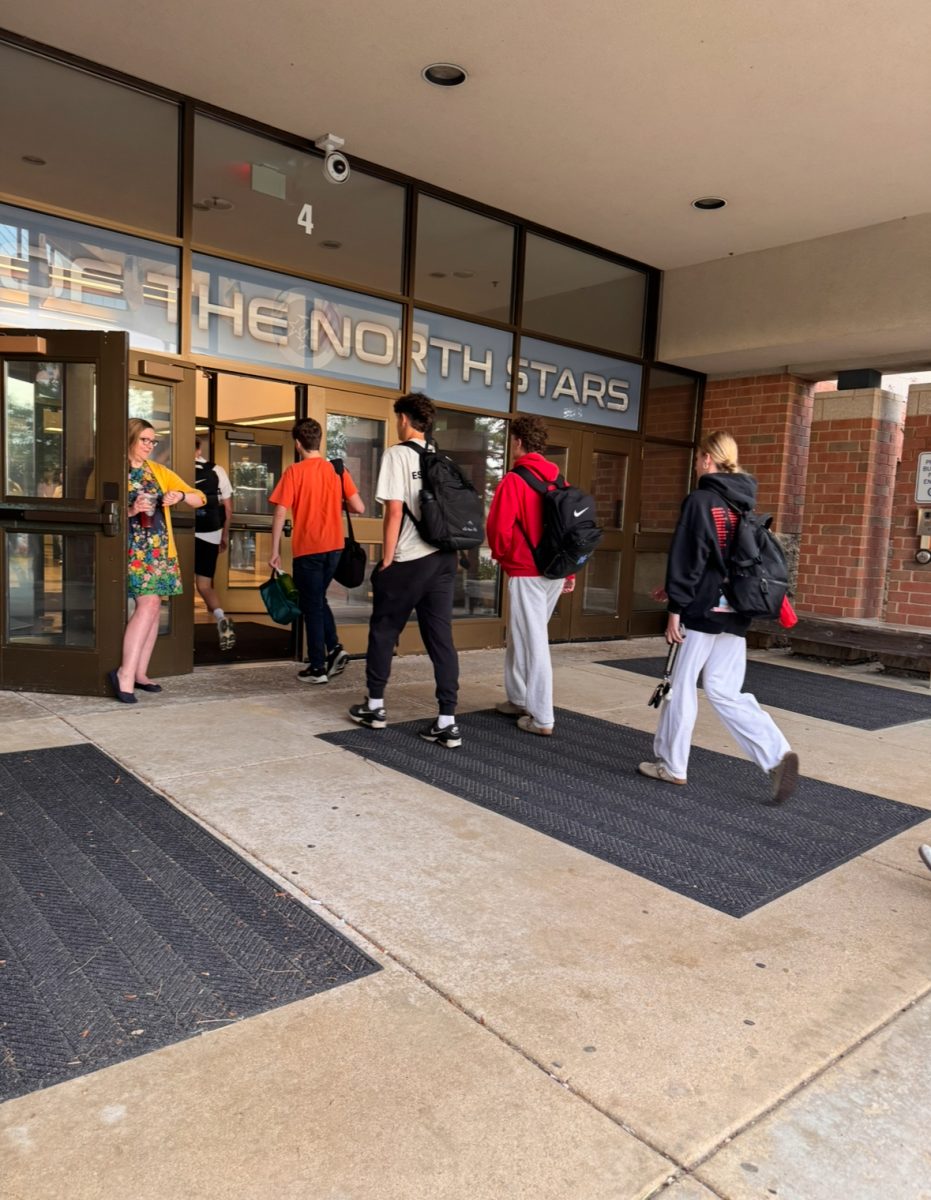Many of District 303’s high school students care deeply about how our schools are being run. Last year, students organized multiple protests of school board decisions, and this year, with boundary changes under consideration, I have heard many of my peers discussing the different plans that have been proposed to the board in the hallways and classrooms of North.
Yet, students often have little direct influence on the school board.
Every two years, adult District 303 community members have the option to vote for school board members of their choice, which makes sense. It is their taxes that fund the school district, so they should have a say in how it is run.
But what about the students who will be directly affected by every policy enacted by the board? Only students who are 18 or older are able to vote for school board candidates, meaning very few of us have a say in who will sit on the school board.
A small number of school districts have a response to this: student school board members.
While most states allow local school boards to choose to have student members, of the 495 largest school districts in the United States, only 67 have students serving on their school board. Even then, in many of these districts, student board members can not vote like their elected, adult counterparts.
Student board members may be elected or chosen in special processes by the school board. Regardless of how they are selected, students are involved directly in decisions related to their education.
This benefits not only the students, but the board and community as a whole. Board members usually do not have the ability to actually be inside of their district’s schools. Having a student member means that at every single board meeting, they would have the input and ideas of someone who actually experiences their policy.
This position allows student board members to present new perspectives and concerns to the board, allowing it to innovate its governing decisions.
Incentivizing students to participate in their local government expands their understanding of government and civic responsibility. Experiences students gain by interacting with their local government, whether they themselves are a student board member or just someone advocating for their education, create future opportunities for them to continue participating in our local government and beyond.
Illinois is one of the states which allows local school districts to have school board members. District 303 should give our engaged community of high school students representation on the board.









